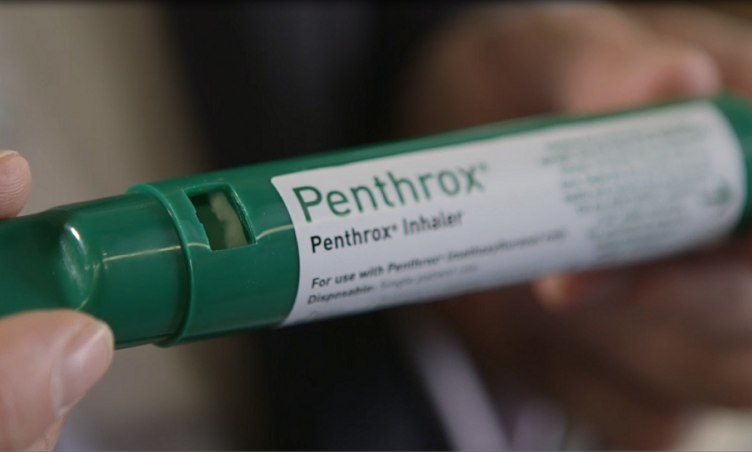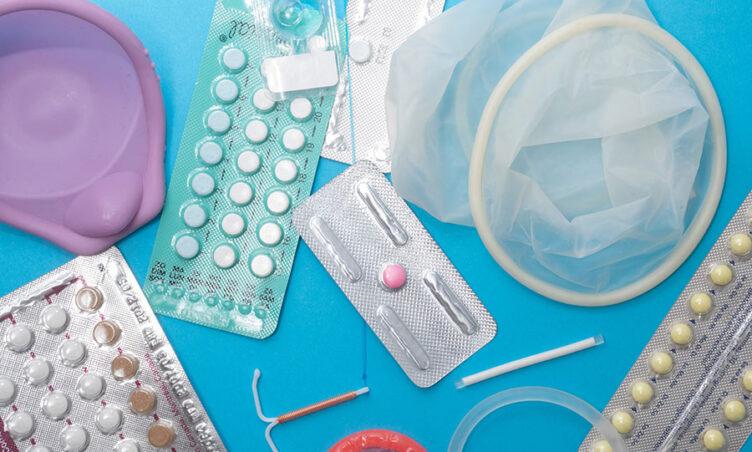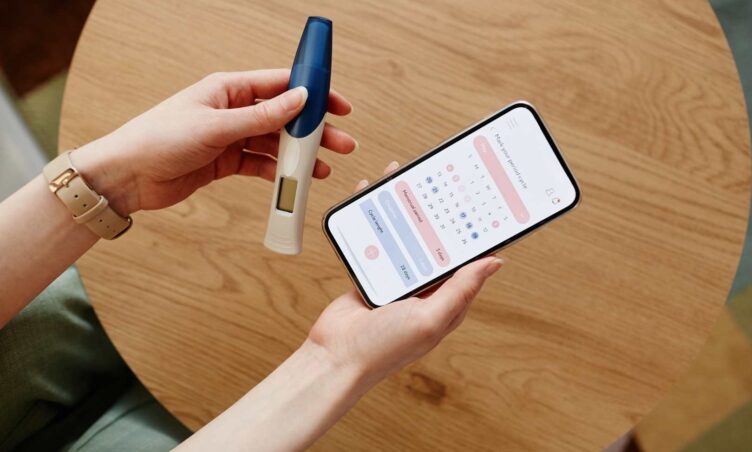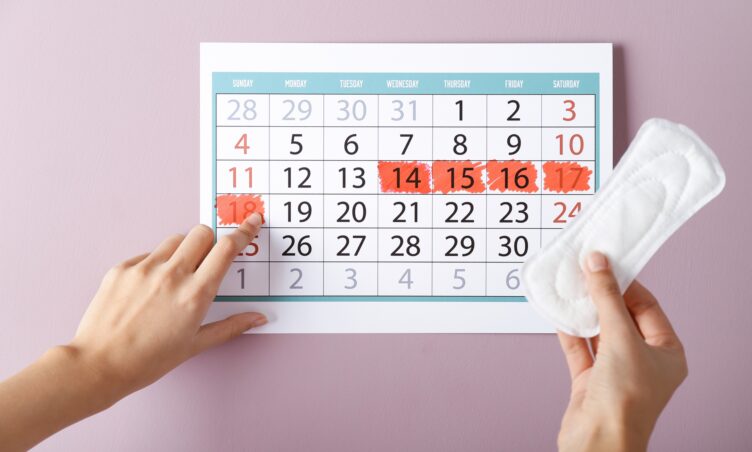How contraception affects your period
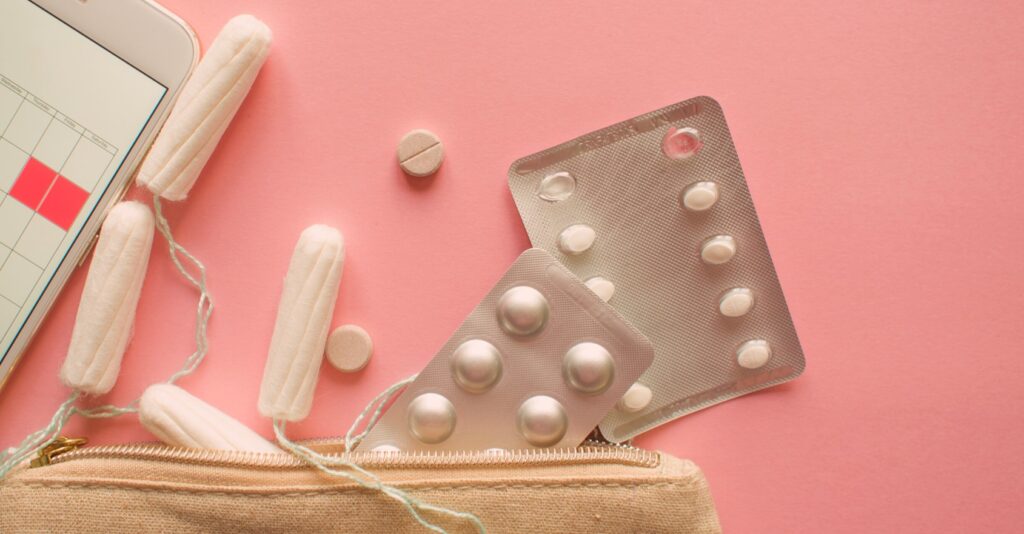
There are two main hormones which regulate the female menstrual cycle: oestrogen and progesterone.
These hormones ebb and flow in varying amounts which feeds back to the brain, and forward to the ovaries and uterus, to dictate what stage of the cycle your body is at (such as growing the uterine lining to prepare for fertilisation, triggering egg release at ovulation, or shedding the lining if fertilisation doesn’t occur).
Any hormonal contraceptive available works on one or both of these hormones in some way to disrupt this complex signalling. The oral contraceptive pill (referred to as the OCP, or sometimes as ‘the pill’) uses both oestrogen and progesterone to keep hormone levels higher in your body. This will prevent ovulation, as there are no fluctuating hormonal signals to trigger it. The uterine lining stays stable as a result, and no period occurs. However, if you decide to take the sugar pills (which have no active hormones), you will bleed – but this is due to the withdrawal of the hormones which are keeping the uterine lining alive, and so is more of a manufactured period than a natural one.
Alternatively, some contraceptives that use progesterone only (such as Mirena, Implanon, depot injections, or the progesterone-only pill (or ‘mini-pill’)) work by preventing the uterine lining from building up in the first place. This is why, after several months of using one of these contraceptive types, some people notice their periods tend to lighten, and they may go away altogether.
However, not every person is the same, and some may find that their bleeding becomes heavier or more irregular on some types of contraceptives. If this is annoying or worrying to you, see your doctor to discuss other options available to you.


